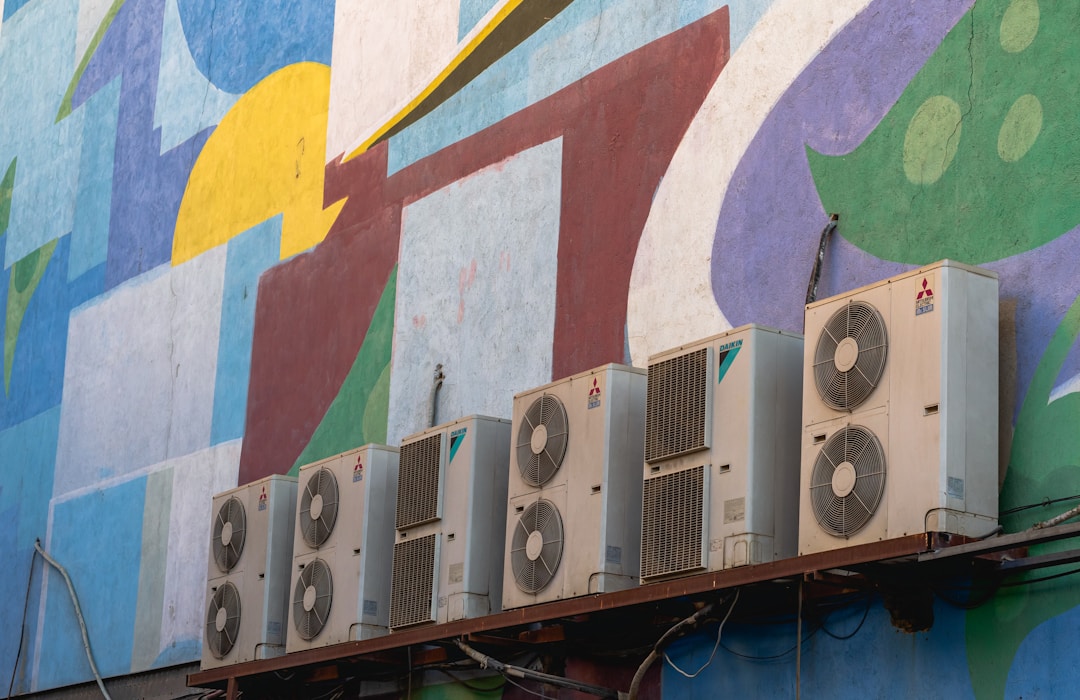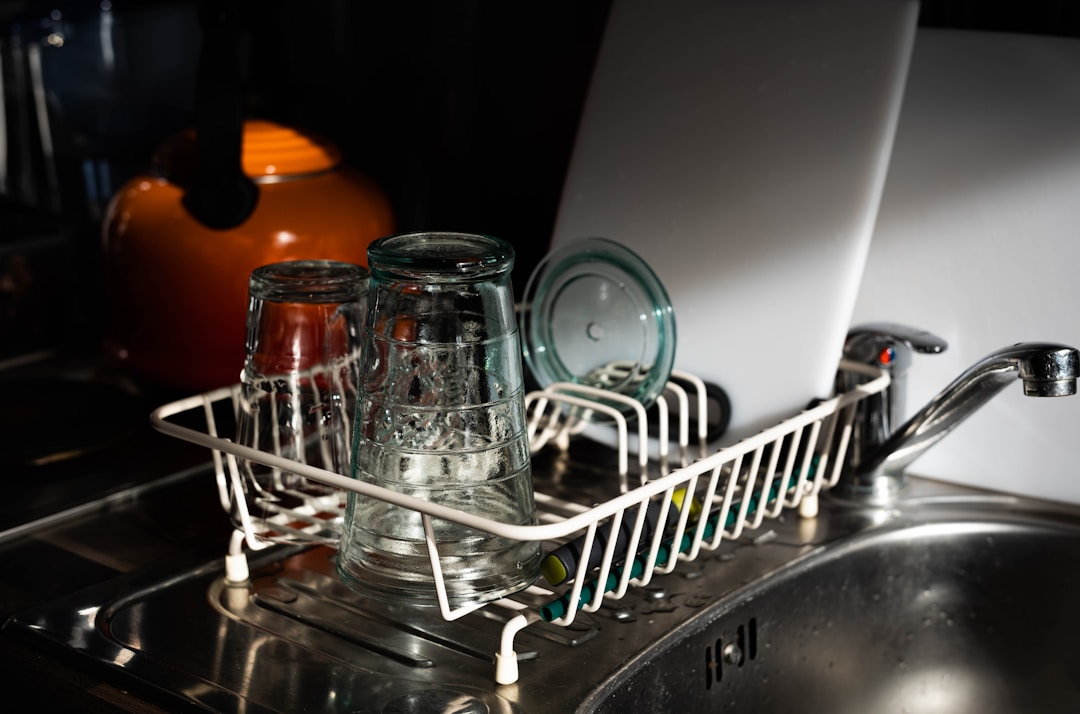Whether a homeowner or an apartment renter, one of the largest expenses people face on a monthly basis is their utility bill. Depending upon the season, both air conditioning and heater system use can add up and, likewise, water and electricity have to be monitored throughout the year. If you have your own home, the yearly costs can become steep. Here, we will list some of the best ways that you can save money on your utilities, freeing up your budget and easing the stress on that monthly energy bill.
Air conditioning and heat can add up.

No matter where you live, at certain times of the year, you’ll need to use both your HVAC system or heating system. Older systems tend to break down more often and run less efficiently and a new heating system will save you money, as will a brand new air conditioner. However, if your budget doesn’t allow for those investments, the good news is that there are some basic steps you can take to increase your systems’ longevity and energy efficiency. A great way to conserve power is to change out the filters regularly to increase airflow. Filters can become clogged with everything from dust, debris, pet hair, and dirt. Replacing your air filters approximately once a month should immediately increase your systems’ function. Likewise, regular checks of your home’s boiler or furnace will save on costly heating bills.
In addition, insulating your attic and other areas where heating system and HVAC system airflow can leak is important to conserve energy. If you’ve checked the seals and ductwork around your doors and windows, you may want to consider adding weather stripping to keep as much cool air or heat as possible inside. If you’re unsure about the seals, it’s a good idea to have a professional contractor double-check those areas. There may be a small fee for the consultation, but you’ll save a lot of money on energy conservation.
Does a home office cost more on utilities?
According to market research, with the emergence of remote working, many people have converted a section of their home into an office workspace. No matter the type of business, many freelancers have long embraced the home business idea of being their own boss. However, the niche of running a home office space also means footing the costs on the higher energy bill. If you have your own business or startup from home, your computer hub, router, additional phone lines, and any other needed clerical equipment can drain electricity.
If you start a business at home, the best option for optimal energy efficiency is to be sure your lights and appliances throughout the rest of the house are off during your normal business hours, allowing your workspace to truly be relegated to one area (such as the spare room where you’re set up an office) during specific hours of the day. Only once you’ve “clocked out” for the day, allow yourself to use the kitchen lights, washer and dryer, and the electric needs of the other rooms. In addition, if your business structure and budget allow, consider individual thermostat installations in each major room, giving you the option of “zoning” the heating system and air conditioner in specific areas at a given time of day. You’ll end up using much less energy.
How does water use factor into the utility bill?

Regardless of whether you work remotely or out of the home, the next step in monitoring your energy bill is to take a good look at your water use. A great place to start keeping water use low is with the dishwater. Try to run the washer only when the appliance is completely full, easily cutting down on both water and electricity. Likewise, wash and dry your dishes by hand as much as possible, maybe only using the washer-dryer when a company is over or your schedule is at its tightest.
When it comes to your laundry, energy costs can factor in, as well. Try and wait until a full load is absolutely necessary, and always wash with cold water. Not only will this keep your clothes from shrinking, but by not using the warmer temperatures, you’ll also use less electricity. This will soon keep your utility bills in check and give you the peace of mind that you’ve also been decreasing your environmental footprint.




